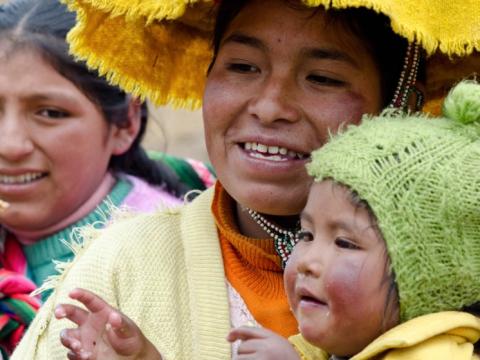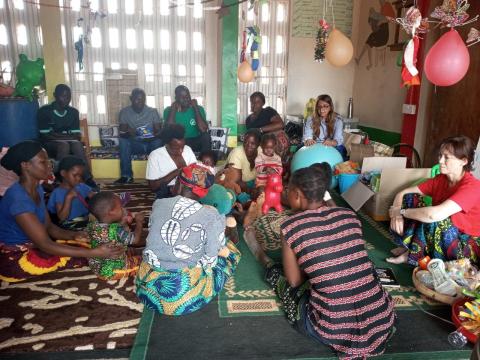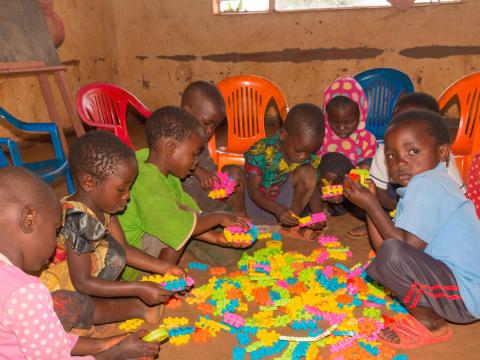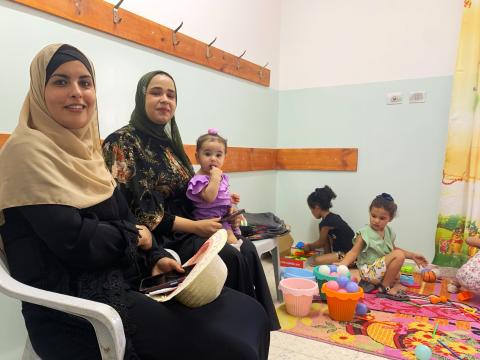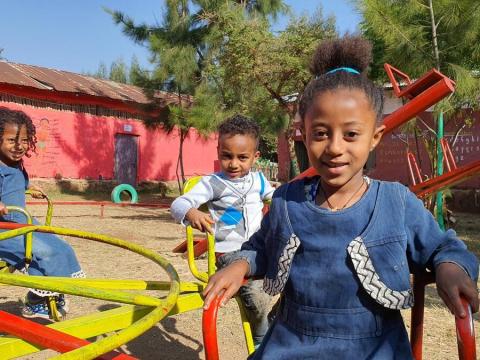For more information - send an email to: education@wvi.org
Impact
Child development programme among vulnerable groups in Sri Lanka found:
- 546 households (223 comparison, 323 intervention) across 3 Area Programmes were followed, assessing child nutritional status,
READ a 2 page Summary | READ the full Research | READ a 5 page Summary
Impact
The Go Baby Go project in Sinhuli district, Nepal assessed the impact of integrated parenting and Health Mothers Group intervention on child under two developmental outcomes. The project found:
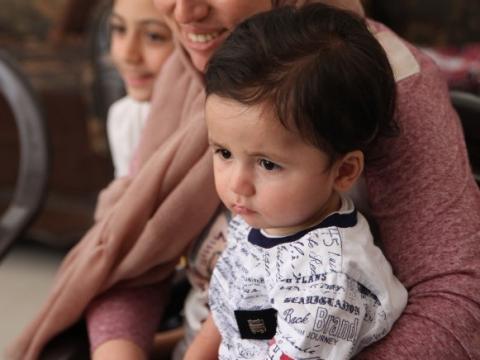
Impact
Empowering Palestinian Mothers to Protect the Bodies and Brains of their Newborns and Infants:
Impact
Nourish the Body, Nourish the Bond: Integrating early care and nutrition in emergencies
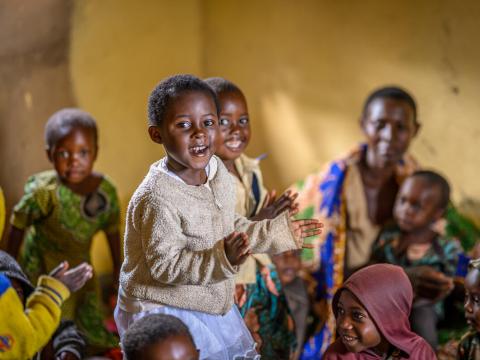
Impact from Rwanda
Check out GBG 's stories and publications
Here are some useful resources:
- Playful Parenting Guides - provides ideas for parents and caregivers to help support their young child's physical, cognitive and social-emotional development. The booklet includes specific ideas for children from 0-9 and is broken into helpful sections based on a young child's developmental milestones.
- Toy Guides for Early Childhood Development - The booklets contain instructions for parents and caregivers to make simple toys for children 0-6 and 6-9 years. It also includes ideas for engaging young children with those toys and games. The toys and activities promote development across four domains: literacy, numeracy, physical, and socio-emotional.
